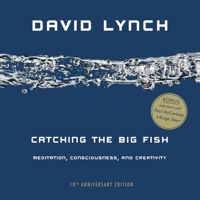The Kill Bill Diary: The Making of a Tarantino Classic as Seen Through the Eyes of a Screen Legend
David Carradine is Bill--the complex, charismatic master assassin from the critically acclaimed, monstrously successful Kill Bill films. Throughout the filming of Quentin Tarantino's brilliant, violent epic, Carradine kept a daily diary--capturing all the action, the genius, the madness, and the magic that combined to make a masterpiece. More than simply an insider's close-up look at the filmmaking process and the astonishing cast and crew--director Tarantino, star Uma Thurman, and all the other artists whose extraordinary skills helped create something glorious-- The Kill Bill Diary illuminates the fine points of the serious actor's craft, as a truly unique talent takes us along with him on a quirky, breathtaking, no-holds-barred, and altogether miraculous journey. It is a must-own volume for anyone who loves the movies.
Format:Paperback
Language:English
ISBN:0060823461
ISBN13:9780060823467
Release Date:October 2006
Publisher:William Morrow Paperbacks
Length:320 Pages
Weight:0.86 lbs.
Dimensions:9.0" x 0.8" x 6.0"
You Might Also Enjoy
Customer Reviews
0 customer rating | 0 review
There are currently no reviews. Be the first to review this work.









































